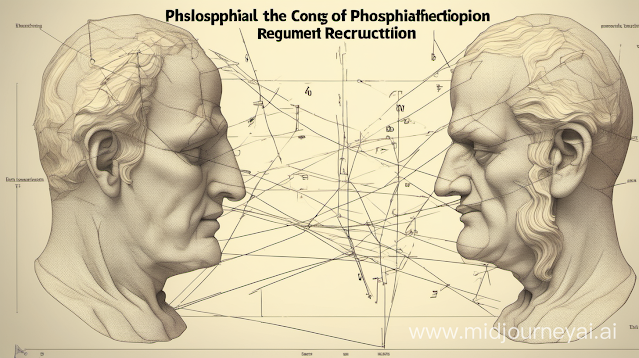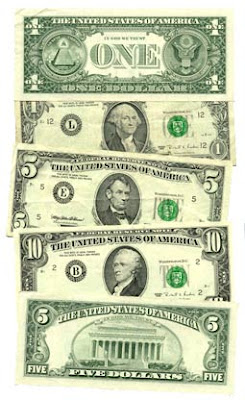Argument Reconstruction

In philosophy, argument reconstruction is defined as restating an argument as a logical sequence of premises supporting a conclusion. For example: Argument: We have a decision to make today. Our competitor has launched a new product, we need to either launch a better product or lower the price of the current product. Argument reconstruction: 1. Competitor has launched a new product. 2. There are only two possible responses to this event: launching a new product or lowering the price of the existing product. 3. Therefore, we must do one of these two things. Argument Reconstruction The argument reconstruction of the example makes it clear that you don't have to make any decision today and in addition to validating the premises, more options need to be explored. Reconstructing arguments clarify thinking and help you see the flaws in assumptions. Adapted from The Economist Education




